Recently we chatted with one of our collaborative partners, Lisa Molina from Solid Ground Wellness in Riverside about the critical role that Substance Use Navigators (SUNs) play in the community. Lisa is the SUN trainer in the Community Health Worker training program here at Reach Out, and she is uniquely qualified to discuss the intricacies of helping those with substance use disorders.
Lisa Molina started Solid Ground with her daughter and son-in-law after working for 24 years in one of the biggest treatment facilities in Riverside. The career she ultimately chose came on the heels of her own struggles with substance abuse. When Lisa tells her story, it’s emotional. She was pregnant and using before she found help, and her daughter was born on the heels of a purposeful overdose when Lisa believed maybe the world would do better without her.
Her survival and her ongoing work has definitely disproven that idea.
The SUNs that Lisa trains through her work with Reach Out are making a real difference to the populations of the Inland Empire, where substance abuse is a health crisis. The purpose of the training, she explained, is to give the SUNs the ability to “walk in and meet any situation with confidence. Many of the individuals that Reach Out works with are unhoused, and have substance use and mental health issues. So it’s imperative for the community health worker to be able to evaluate first of all for their safety, but then also what the symptomatology is for certain substances. Is the individual displaying certain behaviors, is this a mental health disorder or is it a substance use disorder or a combination thereof?”
The SUNs that Lisa trains are able to recognize the signs and symptoms of a variety of issues and symptoms of specific substances, and they’re also trained in how to recognize an overdose. The SUNs are equipped with Narcan, and because of the urgency of the situation, they’re often the ones who prevent the loss of a life from overdose.
Who Are Community Health Workers?
According to Lisa, Community Health Workers, or CHWs are a bridge between medical services and the community.
“A CHW could be anybody who wants to have a community impact.” CHWs are lay people who help with everything from accessing pharmacy services to actually scheduling appointments on a patient’s behalf when that patient might not know how to do so. “A Community Health Worker is really somebody that just walks alongside the patient and assists them with hands-on resources that the individual may need.”
There is a growing need for CHWs in the Inland Empire, and Reach Out is working with the counties to meet that need. Cohorts are forming for new CHWs and classes are taught in Spanish and English.
Once an individual becomes a CHW, the Substance Use Navigator is another layer. This additional training consists of a 20-hour education piece delivered over 10 weeks, two hours each week. And it provides everything from the ethical responsibilities of somebody that’s providing any type of substance use treatment to help identifying cultural barriers and bias.
Individualized Care in Riverside Through Solid Ground
In addition to training SUNs for Reach Out, Lisa and her family provide individualized care to individuals in Riverside who are seeking outpatient substance abuse treatment. Solid Ground also serves individuals who are waiting to go into a residential site who need support and resources while they’re waiting to go in.
“I think our unique backgrounds – knowing that we’re intimately familiar with substance abuse and criminal involvement in our pasts – that gives hope and inspiration to clients when they know that we’ve been where they’re at and have come full circle.”
Solid Ground also finds success working with younger clients. “Working with youth is a wonderful spot because the counselors are younger than the client’s parents, but older than the client. So they’re able to give the lingo and connect with them where the parent wouldn’t be able to. The counseling staff is at that prime age to be able to do so.”
In a situation where so many wouldn’t want to share their story, Lisa and her family take pride in their background because it’s what enables them to help so many people in their community. “My daughter’s father ultimately died from an overdose, and she saw him using, and knows what that is like, and what it did to our family.” That experience has been turned on its ear, and used to bring so much good to so many people.
Lisa encountered numerous barriers in her own journey to treatment, and the goal behind Solid Ground is to make treatment easy to access for those who need it. “I want to make sure that the barriers are not there for anybody that contacts us, and that we’re able to help,” Lisa says.
If you’d like to learn more about drug treatment in Riverside or San Bernardino Counties, please access the following resources:
Substance Use Disorder and Recovery Services San Bernardino
Substance Abuse Resources Riverside
Solid Ground Wellness – Riverside
And if you’d like to learn more about becoming a Community Healthcare Worker or a Substance Use Navigator, please contact us.

